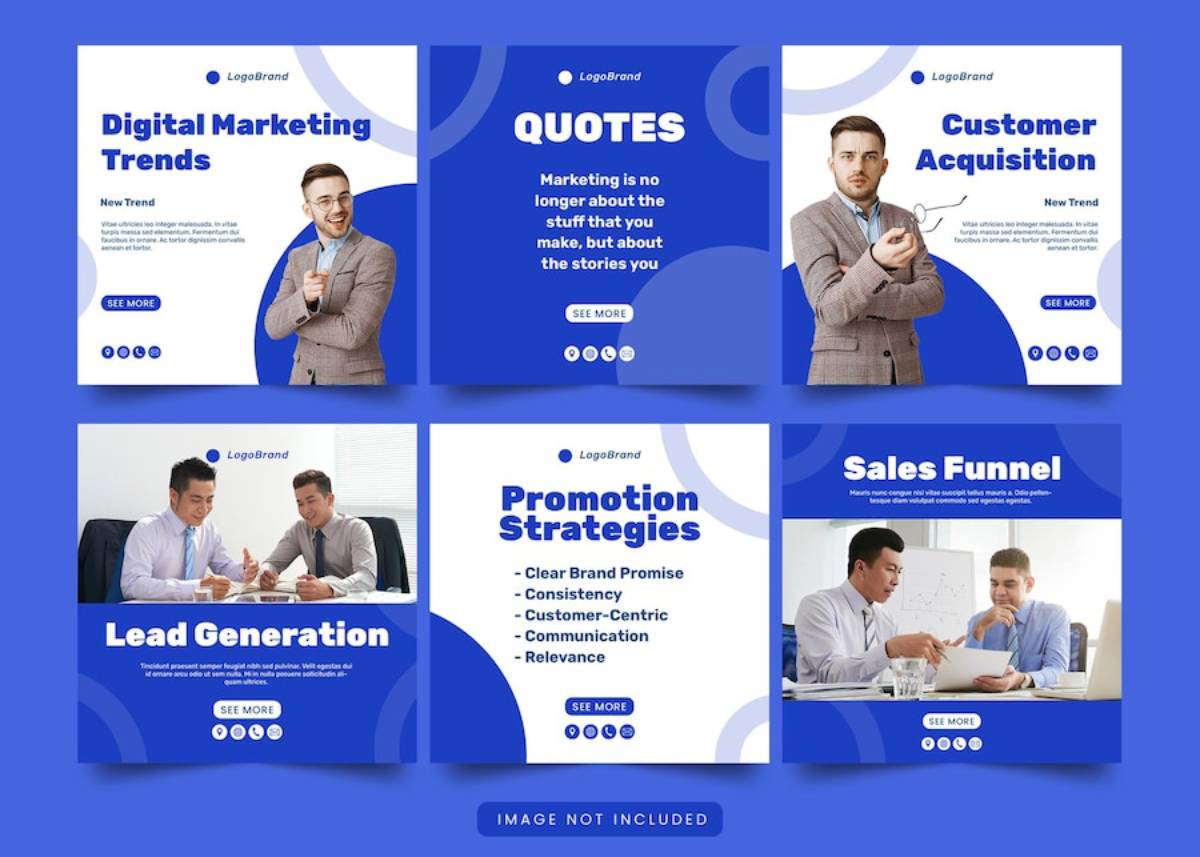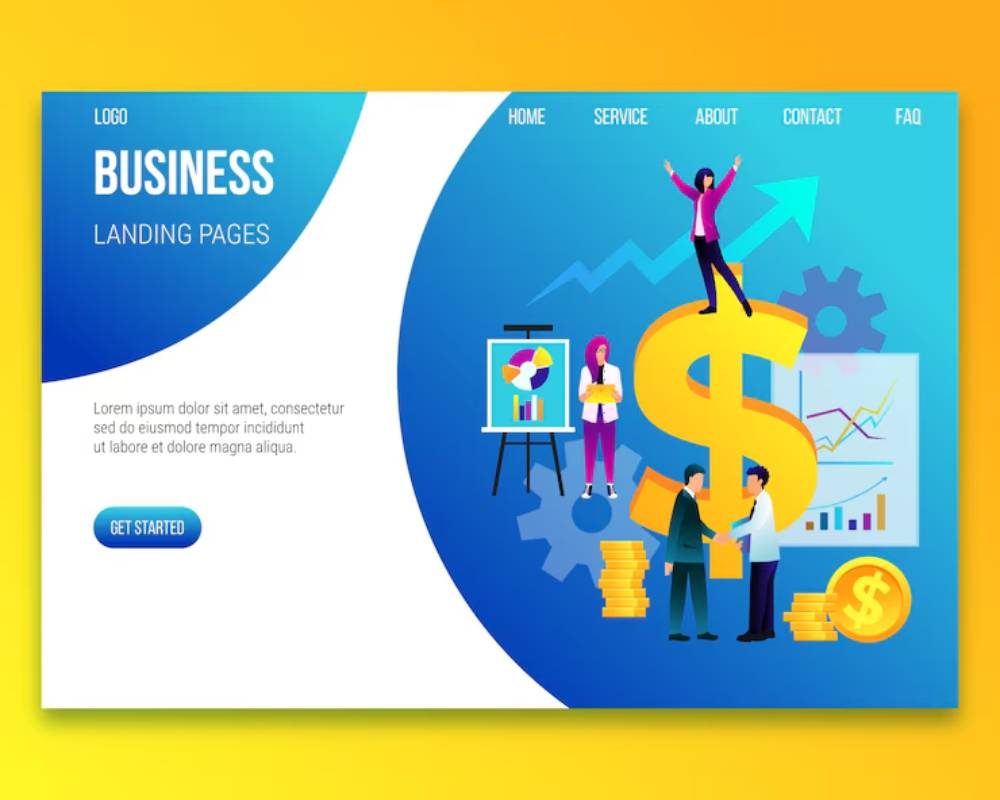
Pricing Your Digital Templates for Maximum Profit
Creating beautiful templates is just the beginning. Setting the right price is what turns designs into income.
Strong digital template pricing helps you earn fairly, build trust, and grow your brand. Poor pricing leaves money on the table — or scares buyers away.
This guide explains smart pricing strategies that increase your template sales and long-term profits.
Why Pricing Matters in the Template Business
Price is not just about covering costs.
It sends a message about:
- Quality
- Value
- Trustworthiness
- Brand position
Get pricing wrong, and you lose buyers before they even click “add to cart.” Get it right, and you turn casual browsers into loyal customers.
Know Your Costs and Goals
Even digital products have hidden costs.
Consider:
- Time spent designing, testing, and packaging templates
- Software subscriptions (like Canva Pro, Adobe Creative Cloud)
- Marketplace fees (Etsy, Creative Market, Gumroad)
- Marketing expenses (ads, promotions, website hosting)
Knowing your baseline helps you avoid selling at a loss.
Set clear income goals monthly or yearly to guide your pricing choices.
Understand Your Target Buyer
Different audiences have different expectations — and budgets.
Ask yourself:
- Is my buyer a small business owner, student, creative, or corporate professional?
- Are they looking for a quick solution or premium quality?
- Do they prefer affordable bundles or luxury single purchases?
Match your digital template pricing to what your audience expects and values.
Research the Competition
Competitor analysis saves time and reduces guessing.
Smart research steps:
- Browse top-selling templates in your niche
- Note typical price ranges for single templates and bundles
- Study what extras (like bonuses or licences) justify higher prices
Your price does not have to match competitors exactly — but you must understand the landscape.
If you charge more, offer clear reasons why.
Choose the Right Pricing Model
There are several ways to structure your template sales.
1. Single Template Pricing

Sell individual templates separately.
Good for:
- Focused, highly specialised designs
- Buyers who want one clear solution
Common prices: £5–£30 depending on complexity.
2. Template Bundles

Sell packs of templates together at a discounted rate.
Good for:
- Boosting perceived value
- Encouraging bigger purchases
Bundle pricing often runs £20–£100+ depending on contents.
3. Tiered Pricing
Offer multiple versions at different price points.
Example:
- Basic version (single template): £10
- Premium version (template + bonuses): £30
Tiers help you serve different customer needs.
4. Licensing Options
Offer personal and commercial licences at different prices.
Typical structure:
- Personal use licence (lower price)
- Commercial use licence (higher price)
Clear licence options protect your work and boost earnings.
Add Value to Justify Higher Prices

Higher prices demand higher perceived value.
Ways to add value:
- Include editable versions (e.g., Canva and PowerPoint files)
- Add bonus templates or matching assets
- Offer detailed usage guides or video tutorials
- Provide ongoing updates for bundle buyers
Value does not always mean more content — it means making the customer’s life easier.
Test and Adjust Prices Smartly
No price is perfect forever. Testing gives you real answers.
Ways to test prices:
- Try slightly higher or lower prices on new products
- Offer limited-time discounts and measure results
- Ask early buyers for feedback on pricing fairness
Data beats gut feelings. Track conversion rates and tweak when needed.
Use Psychological Pricing Techniques
Small pricing tweaks can increase sales.
Smart techniques:
- Charm pricing: £19.99 feels cheaper than £20
- Anchor pricing: Show a higher “was” price next to the sale price
- Bundling: Highlight savings when buying multiple templates
Subtle shifts influence buyer behaviour without feeling pushy.
Offer Occasional Promotions (Without Devaluing)
Sales and discounts drive urgency — if used carefully.
Best practices:
- Run promotions around key dates (holidays, back-to-school, new year)
- Offer loyalty discounts to repeat buyers
- Limit sale periods clearly (e.g., 72-hour flash sale)
Avoid constant discounts, which damage your brand’s perceived value.
Optimise Your Marketplace Listings for Higher Conversions
Your product page must justify your price instantly.
Checklist for strong listings:
- Clear, benefit-driven title and description
- Professional, attractive preview images
- Details on what’s included (file types, sizes, extras)
- Licence information and usage rights
- Testimonials or early buyer reviews (if available)
Good listings sell the value before buyers see the price.
Know When to Raise Your Prices
As your brand grows, your pricing should grow too.
Signs it is time to increase prices:
- Your templates consistently sell out or get high demand
- Your reviews highlight exceptional quality
- You add new bonuses, updates, or features
- Your competitors charge more for similar products
Announce price increases early and frame them around added value — not greed.
Common Pricing Mistakes to Avoid
- Pricing too low out of fear
- Underestimating the value you offer
- Hiding licence terms or making them confusing
- Overcomplicating your pricing structure
- Ignoring competitor changes and new market trends
Fair, clear, confident pricing builds long-term trust.
Quick Pricing Checklist Before Launch
- Have you covered your basic design and marketing costs?
- Do you know your ideal customer’s price comfort zone?
- Is your template quality high enough for your price point?
- Are bundles or bonus offers available to boost value?
- Have you prepared strong, optimised product listings?
- Is your licence information clear and easy to find?
Completing this checklist avoids most pricing regrets.
Price Smart, Earn Strong
Pricing your digital templates is part art, part science.
By understanding your audience, studying the market, and using smart pricing strategies, you can turn your hard work into reliable, growing template sales.
Confidence, clarity, and value always win.
Start simple. Test carefully. Adjust when needed.
Smart digital template pricing builds stronger brands — and stronger businesses.
Call to Action
Launching new templates soon?
Pick a pricing model today. Match it to your value, audience, and goals.
Want a free pricing strategy worksheet or a starter guide for optimising template sales? Just ask — it’s ready to help your readers price smarter and earn stronger.


